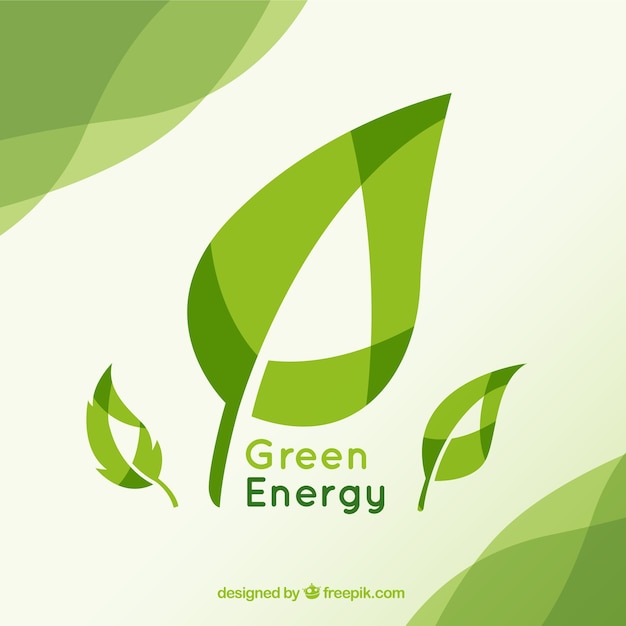As the world's population gets bigger, it becomes more important to minimize pollution. One way to do that is through the use of green energy. Green energy minimizes pollution and only has a minor impact on the environment. But what can you do to go green? Keep reading this article to find out.
If you heat your home with fuel, talk to a technician about using biodiesel. A lot of times this can be done with minimal modifications to your existing system. The bonus of doing this is a cleaner burning fuel that is generally also more efficient, and you'll lessen your impact on the environment also.
If you are repairing or replacing your roof, and you have good sun exposure, look into having photovoltaic (PV) cells integrated into the roofing material. Modern PV cells are much less noticeable than older styles. If you don't use all of the electric generated by your home, some utility companies will even let you feed it back into the system for credit against your bills.
Make small changes if you do not have a lot of money to invest or do not have access to the kind of resources you need. Get a small solar power installation to provide power for one room only, and get a few solar cells to charge your cell phone and other devices, for instance.
Take advantage of the wind. The cleanest source of alternative energy is wind energy. It can even cut your electric bill by up to 90 percent. You can run an energy audit before you determine what size turbine you'll need, but most houses require 5 to 15 kilowatts to produce 780 kilowatt-hours per month. month.

Go green on your coffee break by bringing your own cup. If you usually order a Tall Latte at Starbucks, bring a tall re-usable coffee mug with you. Every time you ask your favorite coffee shop to mix your drink in your own cup, you are helping to green your environment.
If you can not afford to get new windows that are more energy efficient, be sure to invest in some good http://www.luc.edu/finaid/scholarships/external/other-external// shades. During the summer months, cover the windows during the day to keep the sun out. In the winter months, leave the window covers open to let the sun heat up the rooms; close them at night though to help keep the cold out.
Try insulating your pipes to decrease the chances of them freezing and to cut the costs for hot water. Another added benefit is that the government will reimburse you up to 30 percent for using highly efficient insulation in your home. Contact local utility companies to find out your state laws.
If you don't know about investing a lot into green energy in your home, hire pros, such as heating experts and plumbers, to give you an assessment of your current systems. These consultants will visit your home, assess your energy usage, and provide options at several price points for making smart and economical green upgrades.
Making changes to an existing home is very costly. If you want to start using green energies, you should think about moving or getting a new house built. Look for certain features such as running water or good exposure to the sun and wind when buying a new property or home.
Make use of the natural sunlight for great green energy savings. Install solar tubes in your home which take the light from outdoors and bring it inside so you do not need to use lamps and other lighting sources as often. These are relatively inexpensive and are great for increasing the value of your home.
Don't use a lot of heat during the winter if it's not absolutely necessary. If it's a bit chilly, try wearing a sweatshirt and sweatpants. This saves you from using energy that would be required to sustain heat at that high level.
Upgrading the windows on your home can go a long way with saving your money on energy costs. If you do not have energy efficient windows on your home, you could be paying an extra ten to twenty-five percent on your energy bill each and every month. Think about what kind of difference that could make if you upgrade your windows in conjunction with other energy-saving steps.

You can save energy by getting an automatic lighting system. Sensors will automatically detect when there is not enough natural light and your lighting system will be turned on at an intensity high enough to compensate with the declining natural light. This is a good solution if you tend to leave lights on.
Pack your own lunch when going to work or out for the day. This saves money, but also improves the environment by using less "consumables" that inevitably come with meals https://www.moneysupermarket.com/gas-and-electricity/green-energy/ ordered out. You can reuse the containers you used for your lunch, and it only takes a small space in your bag or purse.
Green energy is, of course, a great way to protect our natural resources, but it is also a smart way to save you hundreds of dollars a year in energy costs. Use the tips laid out here in this article, and you will soon have the greenest home in your entire neighborhood.

